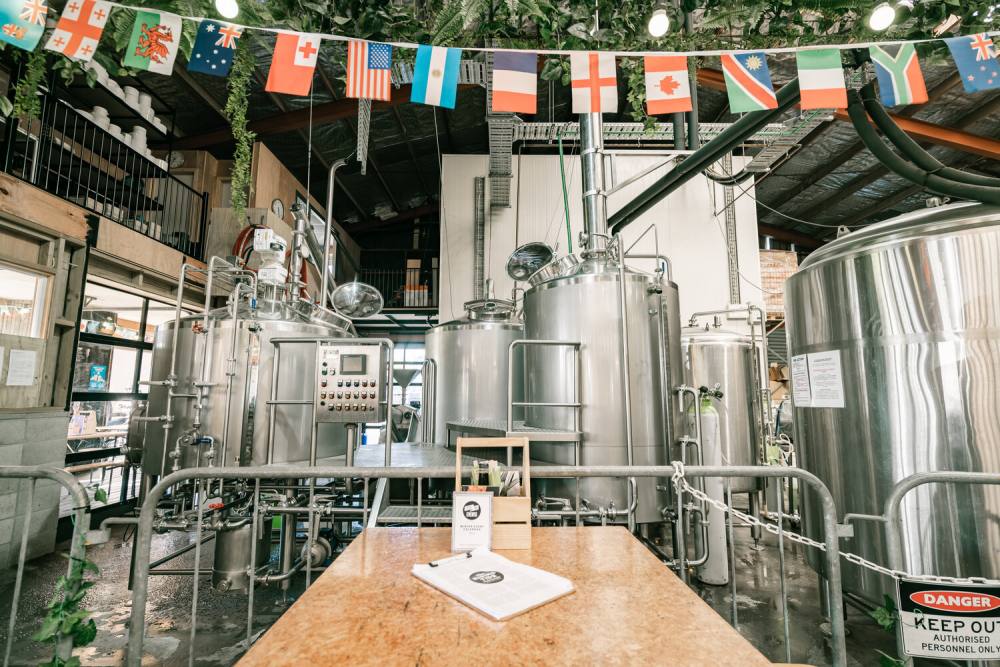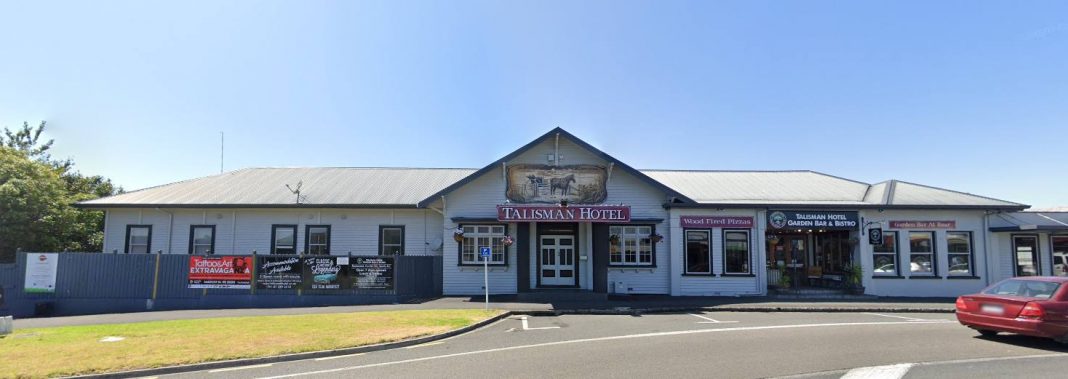For many businesses around the world, the COVID-19 crisis has become something of an existential threat. National lockdowns and limits on physical contact have forced many to change the way they operate or go the way of the dinosaurs and become extinct.
And while quick action by the Government has meant New Zealand has avoided the high number of fatalities seen in some countries overseas, our economy and the businesses within it have still been hit hard, particularly in sectors such as tourism and hospitality.
As we move into the next phase of the COVID-19 crisis, it will be those that can adapt quickly that survive. Fortunately, there are plenty of examples of businesses making decisive decisions already in order to survive.
A prime example of this was the Talisman Hotel in Katikati, which sold its remaining stock quickly to residential buyers in the days before the lockdown to stop food going off and to recover costs.
The Waihi Beach Hotel in nearby Waihi Beach took a similar approach, gaining permission to deliver alcohol to people’s doors as an essential service throughout the lockdown.
This allowed it to continue to bring in at least some money while its bar and bistro are unable to operate. Many other hospitality businesses across the Bay are now ramping up efforts to sell takeaway coffee and treats.
After weeks of Level 4 lockdown, many Kiwis are likely to show as much enthusiasm for buying a flat white and blueberry muffin as they did for toilet paper before the lockdown began.
Export challenges
For New Zealand exporters, it is other countries’ restrictions to control the spread of the virus that are posing a challenge.
Many that have traditionally exported consumer goods to US and UK have found life difficult due to restrictions on courier deliveries to residential addresses.
As a result, one client I work with has shifted its primary target market from the USA to Australia. Australia’s more relaxed lockdown rules do not restrict residential deliveries and this business has been able to significantly ramp up trans-Tasman sales by upgrading its e-commerce infrastructure and re-focusing its efforts on promoting products to Australians stuck at home with little to do.
Other industries are adapting too. The Mount Brewing Company in Mount Maunganui is using some of its brewery equipment to make hand sanitiser and Waihi Beach Physiotherapy is offering telehealth consultations and has moved its Pilates classes online to ensure instructors can be beamed directly into clients’ homes.

ND Kiwi Tours in Katikati shifted its focus from guided tours for cruise ship passengers to instead assisting elderly and vulnerable locals to get to the supermarket or pharmacy to do their essential shopping.
These are just some examples of ways local businesses are adapting to survive – no doubt there are hundreds of other clever ideas being put into practice across our region.
The post COVID-19 world is clearly going to be very different to the world we knew at the end of 2019, and it’s unlikely our old ‘normal’ will return anytime soon.
If you are truly passionate about your business and want to do best by your staff, now is the time to embrace the digital, consider new technology and truly consider how your business can continue to add value and survive in the new reality we all find ourselves in.










